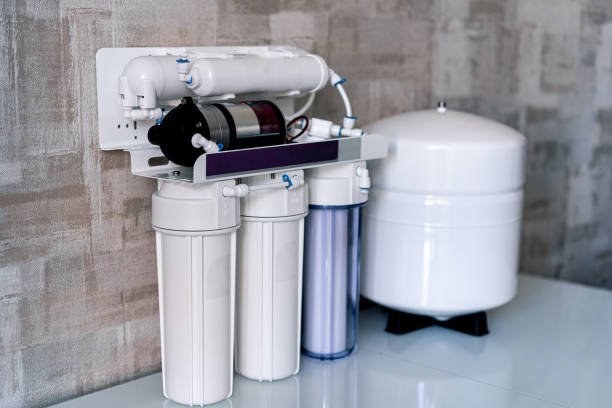A waterborne disease is an illness caused by drinking or coming into contact with contaminated water. These types of diseases are caused by microorganisms such as bacteria, viruses, and parasites, which can be found in both fresh and saltwater. Some common examples of waterborne diseases include cholera, typhoid fever, and diarrhea.
How To Prevent Waterborne Disease?
Improving water supply and sanitation: One of the most effective ways to prevent waterborne disease is to improve access to clean water and proper sanitation. This can be done by building wells, water treatment plants, and latrines, and by providing education on the importance of proper hygiene.
Proper disposal of waste: Proper disposal of waste, particularly human waste, is essential to preventing waterborne disease. This can be done by building and maintaining latrines, and by promoting the use of safe disposal methods such as composting and incineration.
Treating and storing water: In areas where clean water is not readily available, it is important to properly treat and store water before drinking it. This can be done by boiling or chemically treating water, or by using filters or other water purification methods.
Educating the public: Education is key in preventing waterborne disease. It is important to educate the public on the risks associated with contaminated water, the signs and symptoms of waterborne disease, and the steps that can be taken to prevent the spread of disease.
Curing Waterborne Disease
#1. Early diagnosis and prompt treatment
The most effective way to cure waterborne disease is to diagnose it early and provide prompt treatment. This may include antibiotics, fluids, and other medications, as well as supportive care such as rehydration and rest.
#2. Supportive care
Proper supportive care is essential for treating waterborne disease. This may include providing fluids and electrolytes to prevent dehydration, and providing adequate nutrition and rest to help the body fight off infection.
#3. Vaccination
Vaccination is an effective way to prevent waterborne disease, particularly in areas where the disease is common.
#4. Personal hygiene
Personal hygiene is an important aspect of preventing and curing waterborne disease. This includes washing hands frequently, keeping the body clean, and practicing safe food handling and preparation techniques.
These days waterborne diseases are a major health concern in India, but it can be prevented and cured if appropriate measures are taken. You can also get your RO service done because getting water purifier service ensure that you will get pure and healthy water.
Improving access to clean water and proper sanitation, proper disposal of waste, treating and storing water, educating the public, early diagnosis and prompt treatment, supportive care, vaccination and personal hygiene are some of the key measures that can help prevent and cure waterborne diseases.
Importance Of Water Purifier In Preventing Waterborne Diseases?
Water purifiers play a crucial role in preventing waterborne diseases by removing harmful contaminants and microorganisms from drinking water. These contaminants can include bacteria, viruses, parasites, and chemicals, which can cause serious illnesses if consumed. By removing these contaminants, water purifiers ensure that the water that people drink is safe and free from harmful pathogens.
#1. Bacterial and viral removal
Water purifiers typically use a combination of filtration methods, such as activated carbon, reverse osmosis, and ultraviolet (UV) light, to remove bacteria and viruses from water. These methods work by physically trapping and destroying harmful microorganisms, making the water safe to drink.
#2. Chemical and heavy metal removal
Water purifiers also remove harmful chemicals and heavy metals, such as lead and arsenic, from water. These chemicals can cause serious health problems if consumed over a long period of time. Water purifiers use methods like activated carbon filtration and reverse osmosis to remove these harmful substances.
#3. Convenience
Another benefit of using water purifiers is the convenience they offer. Rather than having to boil water or rely on expensive and bulky water treatment systems, water purifiers are compact and easy to use. This makes it easy to ensure that the water you drink is safe and free from harmful contaminants.
#4. Cost-effective
Investing in a water purifier can be a cost-effective way to ensure the safety of drinking water. While the initial investment may be higher, the long-term savings in terms of health care costs and the prevention of waterborne diseases make it a worthwhile investment.
Water purifiers play a vital role in preventing waterborne diseases by removing harmful contaminants and microorganisms from drinking water. They are cost-effective and easy to use, making it easy to ensure that the water you drink is safe and free from harmful pathogens. It is crucial to install a water purifier to ensure safe and clean water supply in Indian households, especially in areas with poor water quality.

